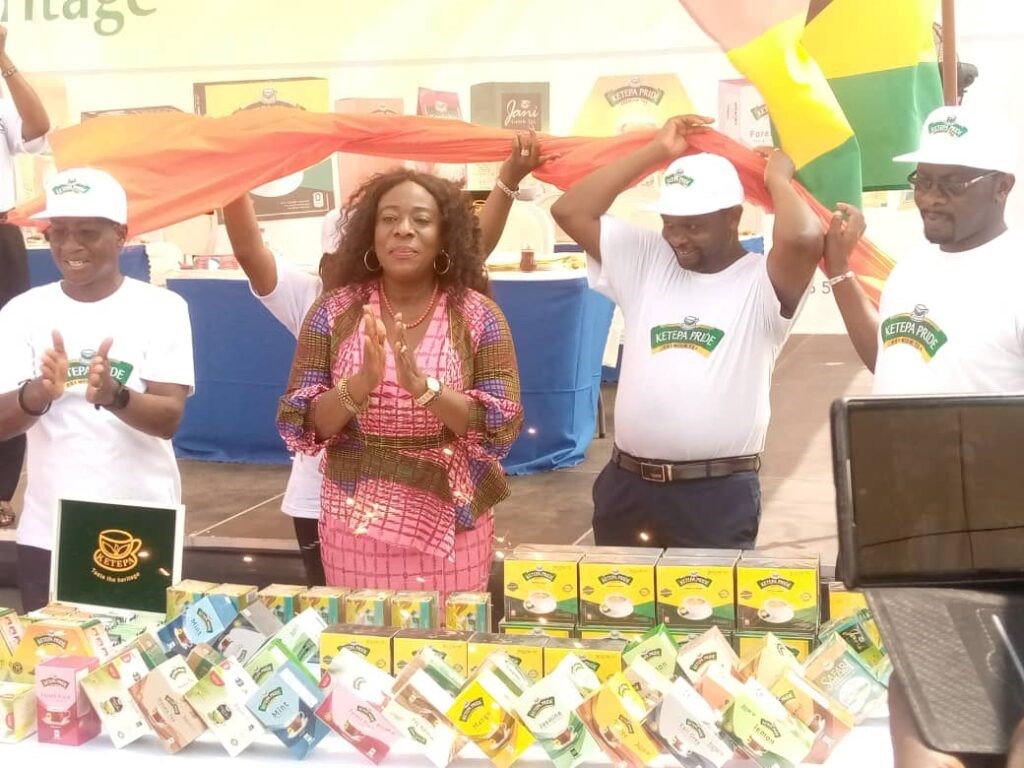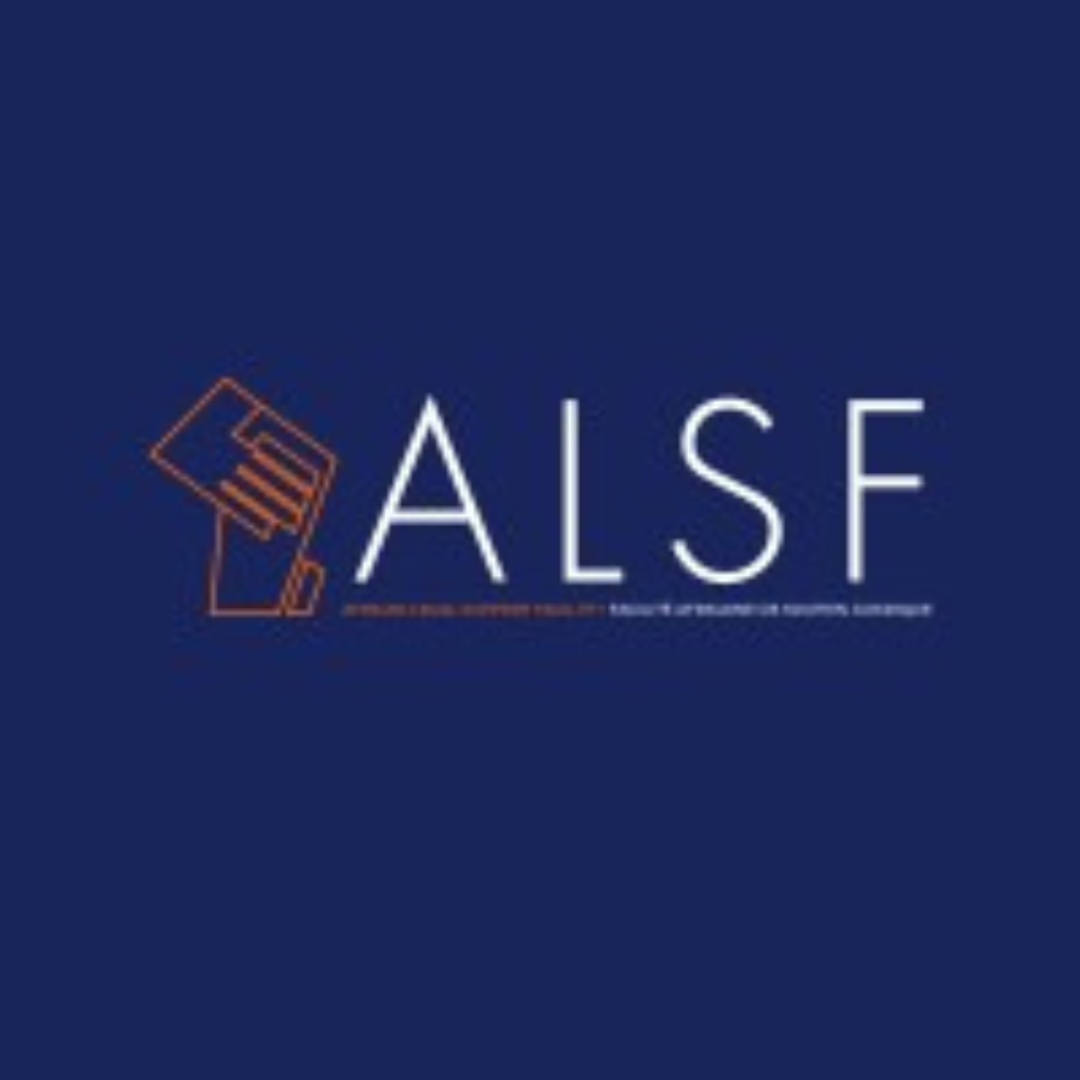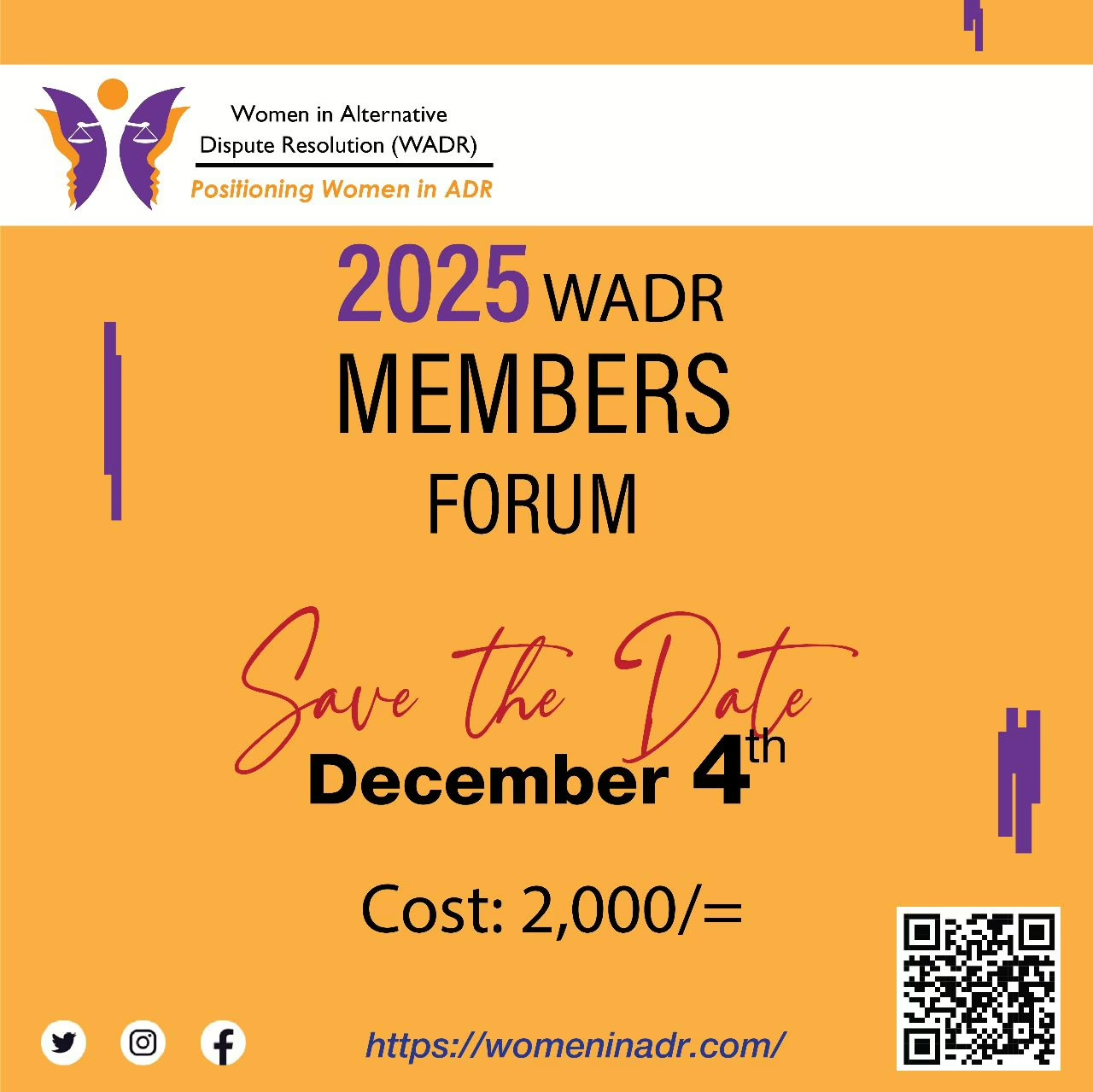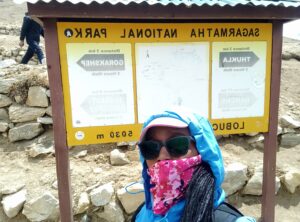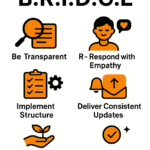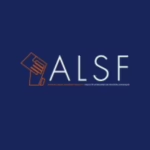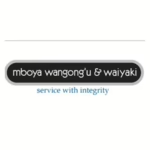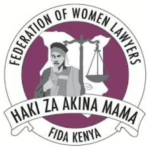Kenya has introduced its brands of tea in Ghana through the African Continental Free Trade Area (AfCFTA) market.
The introduction of KETEPA tea deepens the bilateral trade between the two countries and commitment to maximise the opportunities AfCFTA presents.
Ghana had earlier through its National Coordination Office of AfCFTA shipped palm kernel oil and ceramics to Kenya and Cameroon under the Guided Trade Initiative (GTI).
The first consignment of a 20-foot container had 1700 boxes of the tea produced by Kenya Tea Packers (KETAPA), a subsidiary of Kenya Tea Development Agency Holdings Ltd. (KTDA).
The Company is the leading tea blending, packing and marketing entity in Kenya with over 100 products.
Kenya is the third largest producer of tea globally – behind China and India, and in 2021, exported 305, 000 metric tons worth US$ 1.2 billion.
Speaking at the unveiling of the first consignment, Eliphas Barine, Kenyan High Commissioner to Ghana, said, it is time to change the situation where although the African market is world’s largest free trade area with about 1.3-billion-person market, intra-Africa trade was less than 20 per cent.
“The introduction of the KETEPA tea to Ghana is a testimony of changing the narrative by leveraging the opportunities AfCFTA presents,” Barine said.
He said Africa was under stress in her socioeconomic development and called for supporting and buying African products to create jobs for her rapidly growing youth population.
Catherine Afeku from Ghana’s National AfCFTA Coordination Office, said Ghana is also looking to send some chocolates, other cocoa products and coconut oil to Kenya as part of the produce Ghana is well known for.
Catherine adds that Africa needed trade to stop the dependency on the western world, a milestone achievable under the AFCTA.
Under the Guided Trade Initiative GTI, Ghana has earmarked to trade ceramic tiles, batteries, tea, coffee, processed meat products, corn starch, sugar, pasta, glucose syrup, dried fruits, and sisal fiber among others.
More African countries are beginning to trade under the process, with Kenya also having shipped to Ghana, locally-made car and truck batteries, Rwanda has also exported processed coffee beans to the West African nation.
The initiative gives companies dealing in certain products in selected countries support through the AfCFTA process. The idea is to test — and prove — that the AfCFTA system works and get intraregional trade finally rolling under AfCFTA. As well as Kenya, Rwanda and Ghana, it includes Cameroon, Egypt, Mauritius, Tanzania and Tunisia.
The world’s largest free trade area became operational on January last year, although the implementation of the single continental market has been delayed for several reasons, from the COVID pandemic to the lack of agreement on the rules of origin for some product lines and the failure of 10 out of the 54 signatories to ratify it.
Under the AfCFTA agreement, cross-border taxes on 90% of goods are supposed to fall at the latest by 2030, although the tariffs on numerous products will be phased out even earlier.


